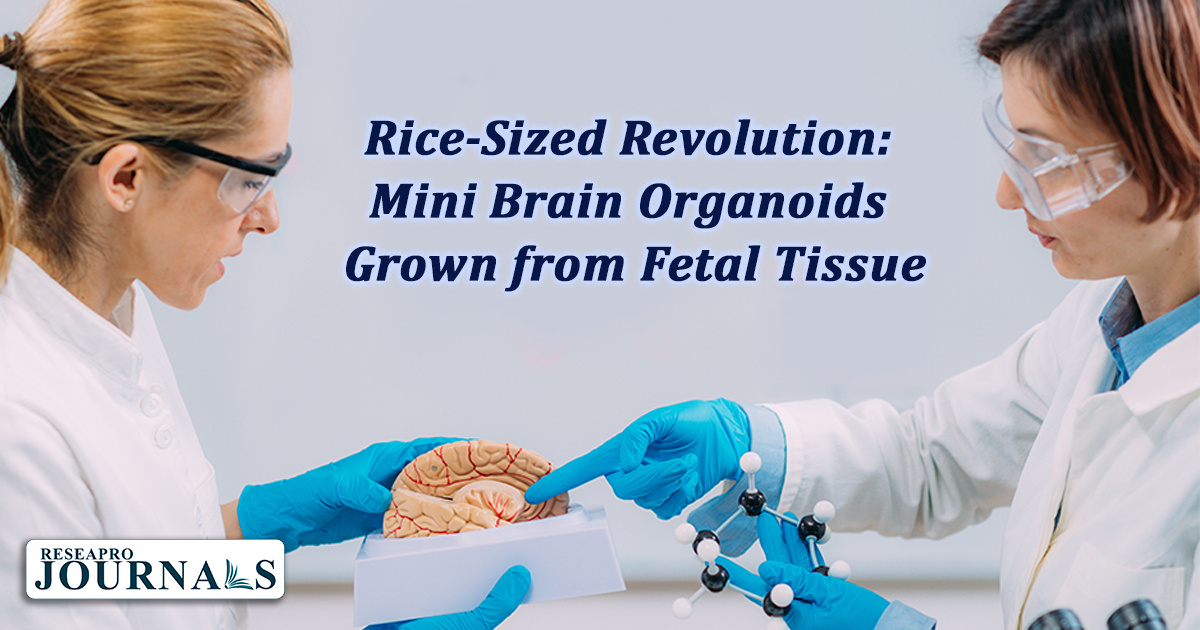Get ready for a mind-blowing scientific breakthrough! Researchers in the Netherlands have developed a revolutionary new way to study the human brain: by growing miniature “mini-brains” from real fetal brain tissue. These tiny organoids, about the size of a grain of rice, are not sentient or conscious, but they offer a powerful new tool for understanding brain development, disease, and even childhood cancer.
Here’s what makes this research so exciting:
- Skipping the Stem Cell Step:┬ĀTraditionally, scientists have grown mini-brains from stem cells, but this process is time-consuming and expensive. The new method directly uses fetal tissue, creating a more realistic model of the developing brain.
- Longer Lifespan:┬ĀThese tissue-derived mini-brains can stay alive for over six months, compared to just 80 days for stem cell-grown ones. This extended lifespan allows for more in-depth studies of brain development and disease progression.
- Human-Specific Features:┬ĀUnlike rodent models, these mini-brains contain human-specific cell types like radial glia, crucial for brain development and not found in other animals. This makes them even more valuable for understanding human brain function and disease.
- Cancer Research Potential:┬ĀResearchers were able to genetically engineer the mini-brains to resemble brain tumors, opening up exciting possibilities for testing new cancer treatments without harming humans.
The Ethical Considerations:
It’s important to acknowledge the ethical concerns surrounding the use of fetal tissue in research. The study was conducted in the Netherlands, where strict regulations govern the use of such tissue. The researchers also collaborated closely with bioethicists to ensure their methodology was ethical and responsible.
The Future of Brain Research:
This breakthrough has the potential to revolutionize our understanding of the human brain and its diseases. It could lead to the development of new therapies for neurodevelopmental disorders, childhood cancers, and even brain injuries.




